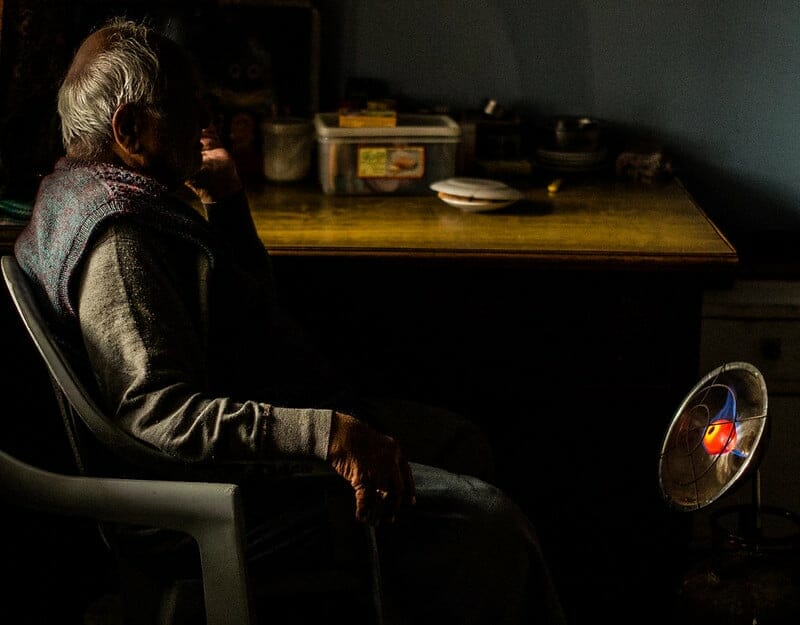HelpAge India, an NGO that provides information on ageing in India, released an annual survey among 3526 senior citizens across six major cities (Delhi, Mumbai, Bengaluru, Hyderabad, Kolkata, and Chennai) in 2021. The survey found elder abuse to be one of the major concerns in Indian households and old age homes. During the COVID-19 pandemic, it reported that 62.1% of the elders polled believed that the pandemic increased the risk of elder abuse.
What is elder abuse?
According to the Centers for Disease Control and Prevention (CDC), elder abuse is an act of intentional harm, or the failure to act that causes/creates risk of harm to an adult aged 60 or older, at the hands of a caregiver or a person the elder trusts.
CDC categorises four most common types of elder abuse as emotional (psychological trauma caused through verbal abuse or isolation) physical (physical force causing harm), financial (exploitation through using funds without knowledge, or any other form of financial fraud), and sexual (sexual acts without consent). Besides these, neglecting the basic needs of the elderly person such as food, water, shelter, clothing, hygiene, and essential medical care, are also considered as acts of abuse.
Read more: Is Mumbai really safe for its women? Data suggests otherwise
As per the World Health Organisation (WHO), elder abuse can have serious physical and mental health, financial, and social consequences, including physical injuries, premature mortality, depression, cognitive decline, financial devastation, and placement in nursing homes. For older people, the consequences of abuse can be especially serious and recovery may take longer. It also points out that the rates of elder abuse have increased during the COVID-19 pandemic. The rate of elder abuse is high in institutions such as nursing homes and long-term care facilities, with 2 in 3 staff reporting that they have committed abuse in the past year.
Where does the abuse take place?
According to HelpAge India, in most cases, elder abuse tends to take place where the elderly person is staying, such as at home, daycare facilities, or old-aged homes. Abusers can be immediate family members or extended family members, or caregivers.

Reporting elder abuse
Besides 100 helpline numbers for citizens, the Mumbai Police has initiated an ‘Elder Line’ toll-free number, 1090, specifically for senior citizens, to provide help in case of abandonment, vulnerable situations or illegal activities wherein elderly persons are at risk.
A written complaint can also be filed in the jurisdictional police station. In case the victim cannot write, they can verbally narrate the complaint and ask the station officers to write for them. In case of admissible offense or assault, a First Investigation Report (FIR) can be filed by the victim.
A few other NGOs that one can approach to report abuse or seek help are:
HelpAge India The HelpAge runs a toll-free Elder Helpline across 21 state capitals in India. They offer help to elders in need. Through the helpline, they link elders to various institutions such as old age homes, hospitals, police, government, and non-governmental organisations.
Silver Inning Foundation The Silver Innings Foundation addresses issues of the elderly and works on creating an elder-friendly platform and helps them with various issues.
Dignity Foundation This foundation helps senior citizens to lead active lives and provide counselling support services.
Other helpline Numbers
- Mumbai Police Control Room – 100
- Elder Line – 1090
- Dignity Foundation’s PAN INDIA Number – 18002678780
- Helpage India – 1800 180 1253 (toll free)
This explainer is part of a series on ‘Explainers and Information Resources for Mumbaikars’ supported by a grant from the A.T.E. Chandra Foundation.